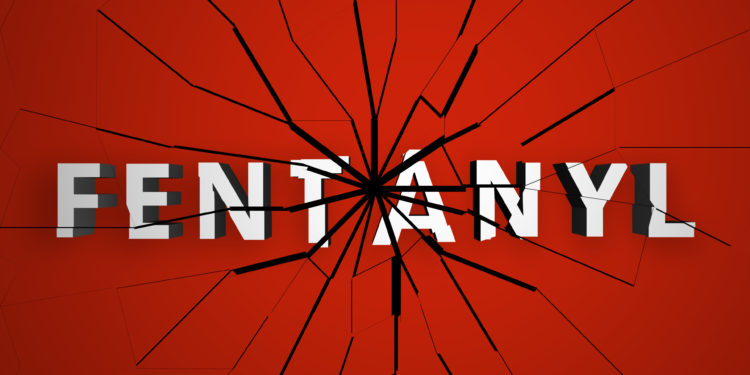Lillianna Alfaro had recently graduated from a Wisconsin secondary school when she bought on the street what she thought was Xanax, a prescription anti-anxiety drug.
Instead, the dealer sold her fake pills that contained fentanyl. This synthetic opioid can be 50 times stronger than heroin and 100 times stronger than morphine. It killed her.
Worldwide, opioids remain the most lethal group of drugs, accounting for two-thirds of deaths related directly to drugs, according to a 2022 report from the United Nations Office on Drugs and Crime.
The estimated number of people who used opioids in 2020 was double that of 2010, the U.N. said.
Fentanyl crisis hit U.S. first
In the United States and Canada, fentanyl is driving overdose deaths to record highs.
But it’s not just a North America problem. “We know it’s going to spread to other places in the world,” Secretary of State Antony Blinken said April 28 after meeting with mayors from across the Western Hemisphere to address the synthetic opioid crisis at the Cities Summit of the Americas in Denver.
“The criminal enterprises that are engaged in producing and distributing synthetic opioids like fentanyl are trying to make markets elsewhere,” the secretary said.
Fentanyl is an international problem for another reason: The chemicals that go into making fentanyl sold in one country often are manufactured somewhere else. Addressing such a threat demands a unified international response.
That is why the U.S. government is working closely with other governments — along with public health experts, doctors, business leaders and law enforcement officials — to tackle this challenge.
For example, at the Cities Summit of the Americas, the U.S. Department of State signed an agreement with Denver’s Office of the Medical Examiner to increase forensic capabilities throughout the Americas to support early detection of synthetic drugs and identify other drug trends. This collaboration will enhance efforts to combat fentanyl use in communities across the United States and abroad.
Coordinated global effort
The United States is leading a coordinated global effort with international partners to disrupt the illicit synthetic drug trade. The effort aims to:
- Prevent illicit drug manufacturing.
- Detect emerging drug threats.
- Disrupt drug trafficking.
- Address illicit finance.
- Respond to public safety and public health impacts.
The effort is showing results.
In May, the U.S. government convened judicial, law enforcement and security officials from 56 countries for a three-week exchange to pursue ideas for combating the trade of illicit synthetic drugs. Representatives from Botswana, Ecuador, Morocco, Norway and Thailand were among participants.
Also in May, the U.S. Department of Justice announced results of a coordinated international drug enforcement operation spanning the United States, Europe and South America. It included 288 arrests and a record seizure of fentanyl sold on the dark web.
The U.S. government also has imposed sanctions and/or charges against fentanyl trafficking operations, including the Sinaloa cartel. The Department of Justice describes the cartel as “the largest, most violent, and most prolific fentanyl trafficking operation in the world.”
“Having the cooperation and collaboration of countries around the world … is critical,” Blinken said after his meeting with the mayors.









